Timing Is Key in Copyright Case
The issue at stake in today’s argument in
Fourth Estate Public Benefit Corporation v. Wall-Street.com sounds pretty clerical: At what point during the process for registering a copyright can the owner sue for infringement? Should it be when the owner first applies for a copyright, or only when the Copyright Office acts on the application?
But judging from the amicus briefing, how the court answers the question is life or death for copyright holders like authors and musicians. If the high court agrees with the U.S. Court of Appeals for the Eleventh Circuit that litigation has to wait for the copyright to be acted on—registered or refused—it would have “a devastating effect,” according to
Covington & Burling partner
Beth Brinkmann.
Brinkmann
wrote an amicus brief for leading music organizations. Given the limited staff and funding for the Copyright Office, Brinkmann explained, it can take months or years for musicians to have their creations copyrighted—sometimes beyond the three-year window for infringement claims to be made.
Arguing against the Eleventh Circuit
ruling will be
Aaron Panner of
Kellogg, Hansen, Todd, Figel and Frederick, and a former clerk to Justice Stephen Breyer. Arguing for the longer timeframe is
Peter Stris of
Stris & Maher, joined by associate to the U.S. solicitor general
Jonathan Ellis, a former clerk to Chief Justice John Roberts Jr.
Some pre-argument analysis from IP experts:
>> Irene Lee, partner at Russ August & Kabat: “In general, securing a registration certificate provides some level of clarity in litigation which is inherently unpredictable and subject to uncertainties. Imagine the confusion that could arise when a deposited work is deemed unregistrable in the middle of an infringement case.”
>> Robert deBrauwere, partner at Pryor Cashman: “There is no doubt that the practical impact of the issue before the court is not as dry as it may sound … The court’s decision will have a very significant impact on the ability to secure, and the efficacy of, injunctive relief, as well as the possible scope of damages available to copyright litigants, and even whether a remedy may be available at all.”
>> Laura Goldbard George, partner at Stroock & Stroock & Lavan: “There is significant disagreement as to which approach is the correct approach … Even the leading copyright treatise authors advocate different approaches—Nimmer & Nimmer propose a variant of the application approach, and Patry advocates for the registration approach.”


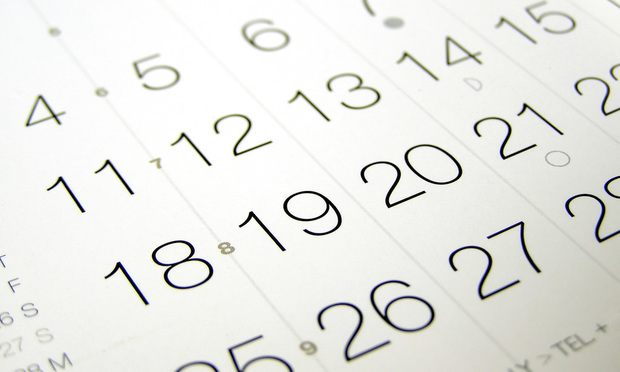
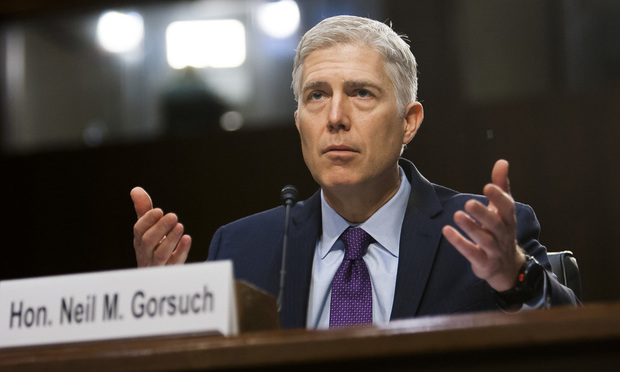
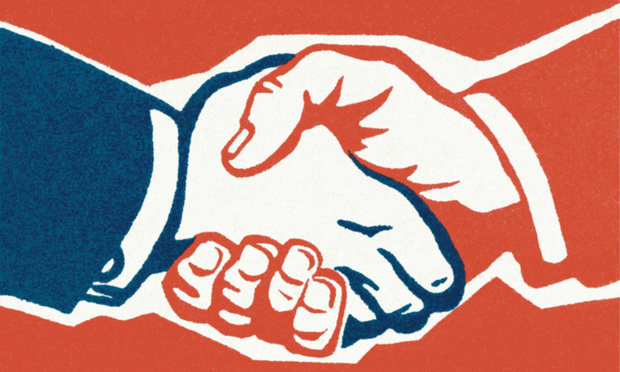
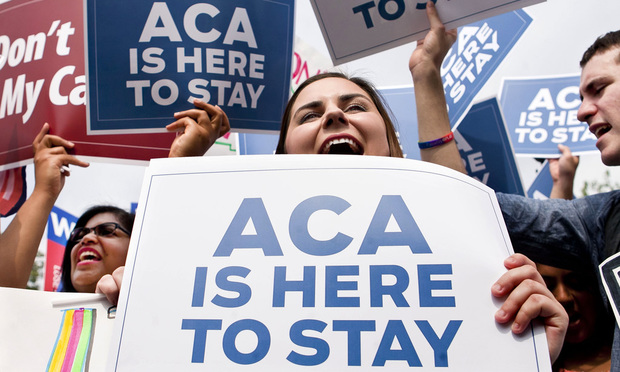
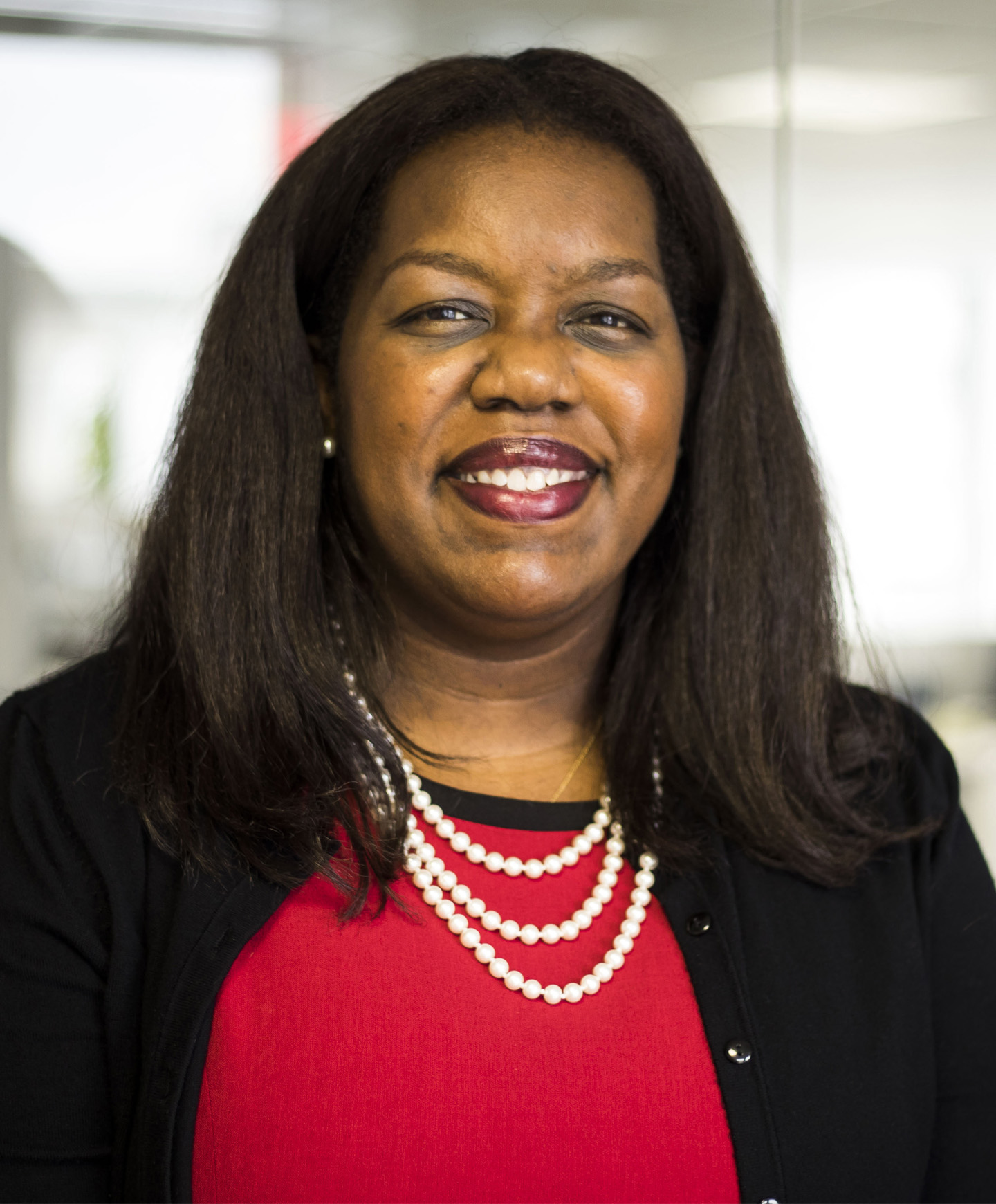
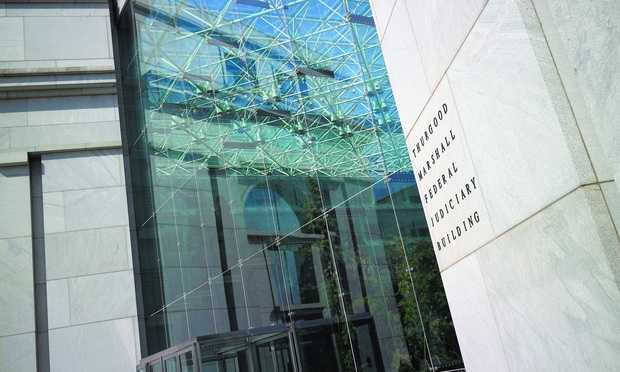
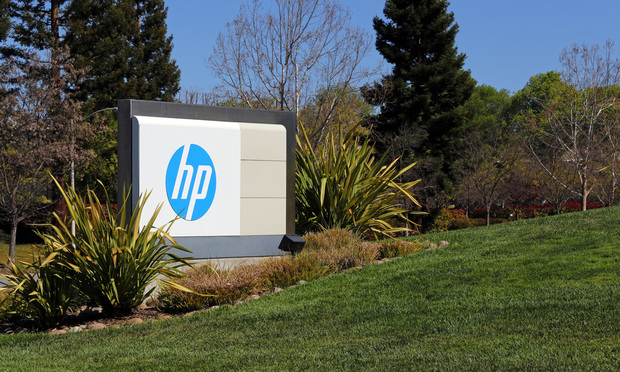
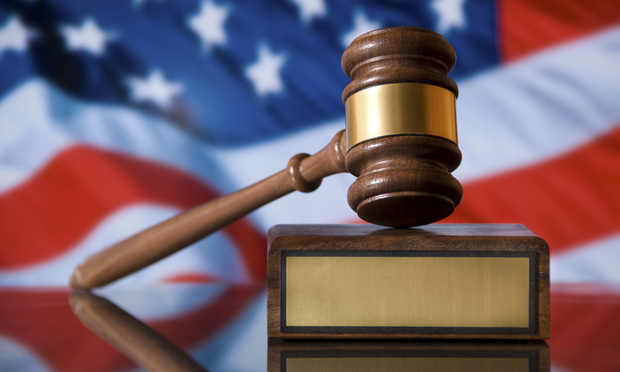


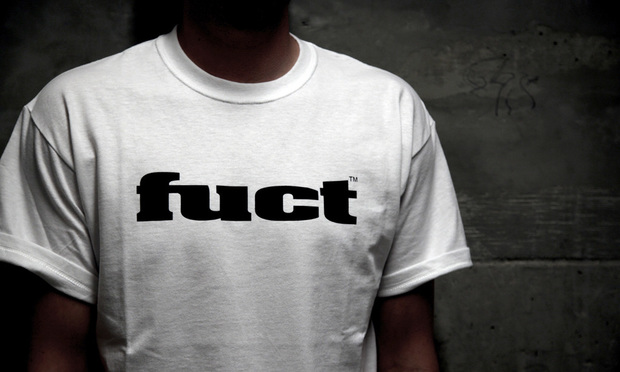
Comments
Post a Comment